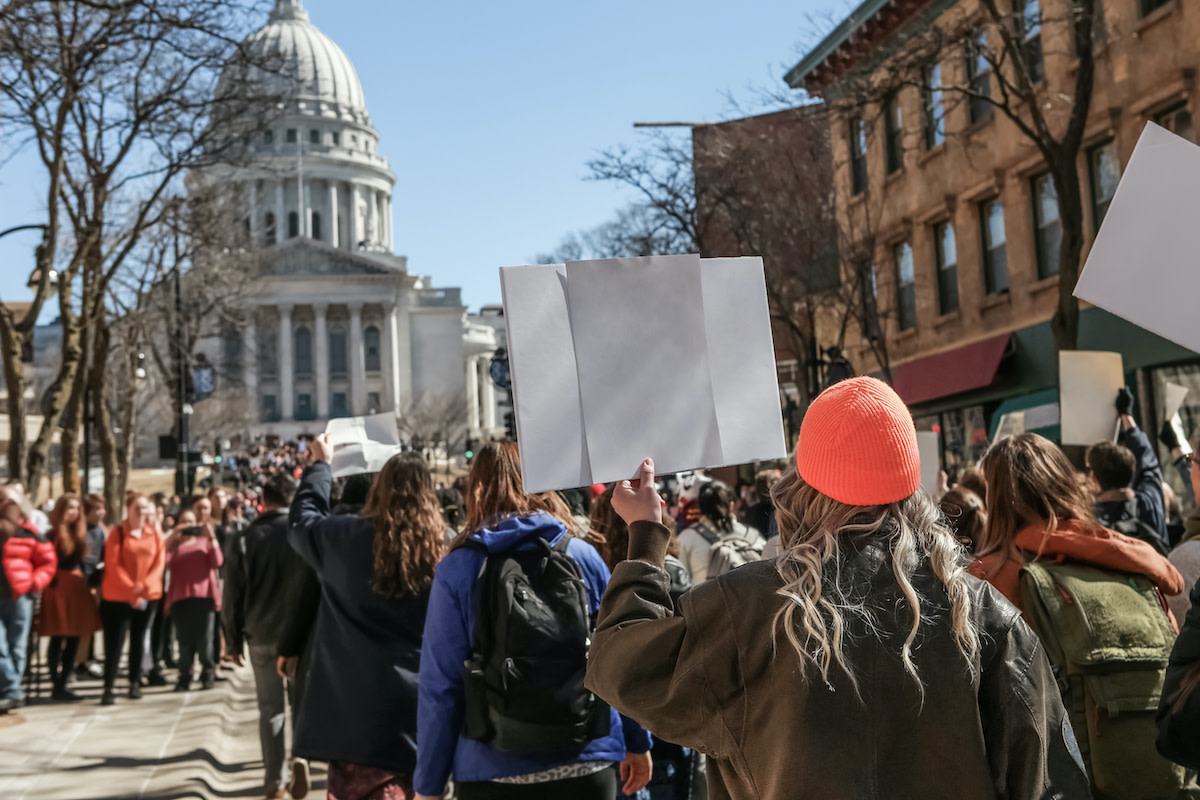What Is Social Justice? Social Justice Definition and Examples
Written by MasterClass
Last updated: Sep 6, 2022 • 4 min read
The world is full of inequities, disparities, and injustices. In a practical sense, philosophers and activists define the concept of social justice to mean working to undo these ills and create a better world. Learn more about what social justice is and the various movements that have sought to achieve it.
Learn From the Best
What Is Social Justice?
Theoretically, social justice means the eradication of all social inequities and disparities. Practically, social justice means seeking out ways to redress social issues and injustices, both through legal and cultural means.
The Origins of Social Justice as a Concept
While iterations of the term and concept stretch back as far as Plato and the early days of Christianity, the phrase “social justice” and its contemporary meaning first took off in popularity around the time of the Industrial Revolution. The staggering income inequality of the time period as well as the mistreatment of certain groups within nation states and the far-spread marginalization of women led to the rise of movements bent on remedying these ills and creating a more equitable society.
Since then, more contemporary philosophers like John Rawls (author of A Theory of Justice) have updated the concept of “social justice” to meet the needs of the modern world. The concept has gained exponential traction in the twentieth and twenty-first centuries. At this point, seeking to establish a greater sense of social justice has extended beyond the purview of nonprofit organizations or charities into the very charter of the United Nations. Still, achieving total social justice remains an aspirational goal.
4 Key Principles of Social Justice
Social justice is a broad concept, but it’s still fairly simple to boil it down to its essence. Consider these four principles common throughout social justice movements:
- 1. Equality of opportunity: Traditional justice (at least in theory) guarantees equal rights before the law and equal opportunity to all people. Social justice advocates also believe this is necessary but that we also need further steps and protections to achieve true equality.
- 2. Equity of outcome: Social justice activists believe a civil society must strive to end income inequality, racial inequality, and any other disparities between groups of people until everyone has the same privileges, rights, and resources. Still, the definition of social justice is malleable, so some might include caveats when it comes to this position specifically.
- 3. Human rights: A society’s social development depends, in part, on its recognition of human rights for all groups of people, regardless of their race, ethnicity, sexual orientation, potential disabilities, or other identifying attributes. Human rights enshrine the innate dignity of each person in the eyes of the law as well as in those of culture in general.
- 4. Inclusion: To achieve social justice, adherents of the philosophy believe all human beings need a seat at the table. This ensures everyone can help drive the decision-making process as to which social changes should take hold in society.
Examples of Social Justice Causes
A wide array of causes have arisen over the years to rectify social injustices and lay the groundwork for a fairer society. Here are just seven prominent ones:
- The civil rights movement: In the 1950s and ’60s, the civil rights movement set out to end racial discrimination against people of all races and ethnicities, shore up voting rights for all people, and achieve greater levels of economic equality within society. Since then, the Black Lives Matter movement has followed in its footsteps to combat biases and injustices against marginalized groups.
- Climate change activism: Environmental justice is also a social justice issue. Climate change activists seek to protect the planet and mitigate the effects of climatic shifts to ensure the world remains healthy in its own right and sustainable for all of its inhabitants.
- Criminal justice reform advocacy: While the law might technically guarantee equality in a traditional sense, certain activists believe greater protections and measures are necessary to achieve that sort of equity for all people. As such, they seek to point out disparities certain groups face within the justice system.
- The gender equality movement: Over the centuries, feminists have viewed social justice as essential to their pursuits toward gender equality. For example, both achieving universal suffrage and striving for the success of equal pay initiatives are social justice initiatives.
- The labor movement: Since at least the Industrial Revolution, social justice has had plenty to do with a person’s social class and socioeconomic station. The labor movement—as well as other economic justice movements, like Occupy Wall Street—have sought to achieve true economic opportunity, whether through lobbying for improved workplace protections or advocating for more far-reaching wealth redistribution as a matter of public policy.
- LGBTQ+ activism: Members of the LGBTQ+ community and allies lobbied policymakers for years to receive equal treatment before the law. In the twenty-first century, their efforts laid the groundwork for making it legal to marry a person of the same sex. Still, people face discrimination due to their sexual orientation and gender identity every day, indicating the fight for true social justice is far from over.
- Universal health care advocacy: Certain activists believe it will be impossible to achieve holistic social justice until everybody has equal access to a free public health care system. This includes resources for everyone’s mental health and well-being as well.
Want to Make an Impact on Your Community?
You don’t need a big platform to make a difference. Gain access to the MasterClass Annual Membership for exclusive lessons from Malala Yousafzai and learn how your small actions can help build a movement.
